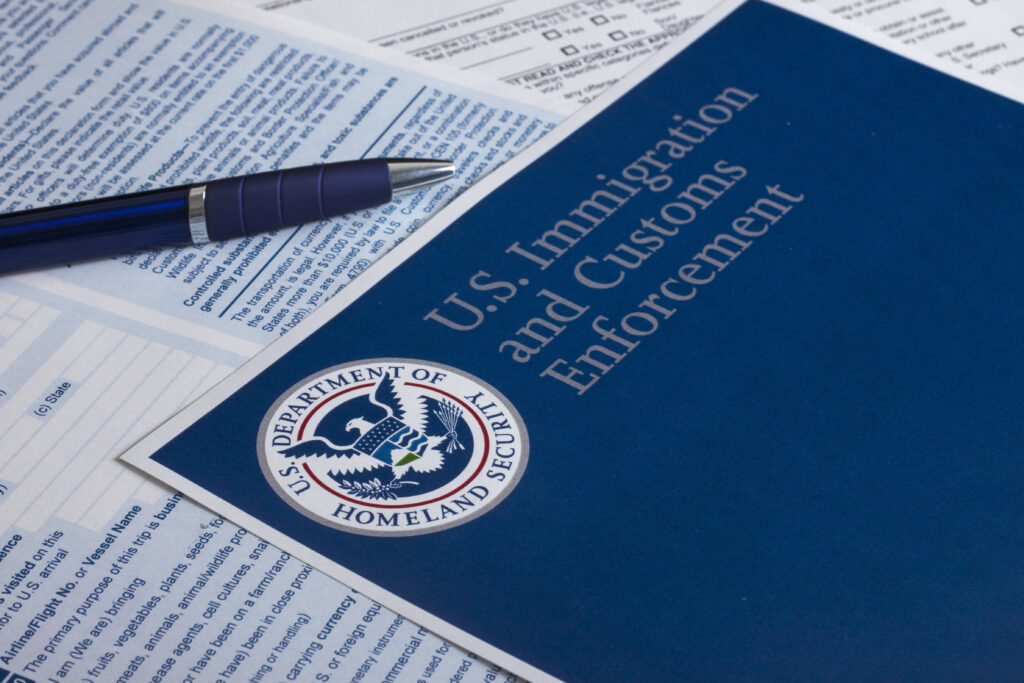Beginning with “Operation Brace Yourself,” the United States Department of Justice (DOJ) launched widespread and headline-grabbing prosecutions of individuals and companies across the home medical equipment (HME) industry. Over the past three years, DOJ investigators have set their sights on medical professionals, chief executive officers, compliance officers and other supporting players. Paired with additional coordinated takedowns in operations “Double Helix” and “Rubber Stamp,” the DOJ has prosecuted multiple defendants collectively responsible for billions of dollars in fraud and counting. The prosecutions have sent some people to federal prison for a dozen years.
While the eye-popping numbers and flashy quotes from high-ranking DOJ officials may lead the news, individuals who are active in HME can and should dig deeper into the trends and common themes of these DOJ operations to draw out some key lessons. These lessons can help identify potential practice missteps before they become major problems.
Lesson 1:
Focus on the process.
By styling their investigations as health care fraud enforcement actions, the DOJ prosecutors focused most frequently not just on the fraudulent submission of claims but also on how patients and order arrive at HME companies. The federal Anti-Kickback Statute prohibits the payment of anything of value to induce the referral of business reimbursable by federal health care programs. Simply put, the statute prohibits any buying and selling of the ability to bill Medicaid and Medicare.
There are some red flags that prosecutors see as indicating a potential kickback problem. First, if there is an agreement to purchase a “completed” package (often a doctor’s order with patient information) for a certain price, this may be viewed as a problematic transaction. Second, reverse engineering or “backing into” an invoice is often cited as an attempt to conceal an improper payment relationship. An invoice that reads $7,500 for marketing, for example, when the terms of the transaction are actually 75 braces for $100 each, may be viewed with skepticism by law enforcement agents. Finally, if a medical professional receives payment contingent upon writing an order or prescription, investigators will perceive it as a possible kickback.
Lesson 2:
Know your adversary.
There are U.S. attorney’s offices across the United States with largely decentralized leadership. In addition to these prosecutors deployed locally, the DOJ has created increasingly specialized Health Care Fraud Strike Force teams across the country. The Strike Force attorneys are highly knowledgeable, and, unlike the local U.S. attorneys, their sole enforcement focus is health care fraud criminal prosecutions.
These special federal prosecutors report directly to leadership in Washington, D.C., and follow directives from centralized leadership on when and how to criminally charge a potential defendant. They are known for their aggressiveness, and any individual or company who finds themselves across the table from one of these strike force prosecutors should be very wary. Unlike their counterparts in U.S. attorneys’ offices, who may have a colleague who is handling civil False Claims Act cases down the hall, the only question that Strike Force prosecutors seek to answer is whether to commence a criminal prosecution.
Lesson 3:
There is no better friend & no worse enemy than legal opinions.
The maze of compliance within federal health care programs is fraught with peril. By regularly engaging legal counsel to evaluate business relationships and activities, HME companies can demonstrate that they are being good corporate citizens and also show genuine concern for identifying or rectifying any missteps before they get out of hand. If an individual finds themselves facing a government investigation, the fact that they chose to implement a compliance plan through the advice of an attorney can provide a defense to an allegation of fraud.
To take advantage of the advice of counsel defense, however, an individual or company must meet a series of requirements. First, a party must have affirmatively sought out advice for the specific issue on which the government is focusing. For example, if an HME owner sought an opinion regarding a relationship with a marketer five years ago and the DOJ is investigating a different relationship with a different party on different terms, then the advice-of-counsel defense will not likely be effective. Second, a party seeking to invoke the defense must have fully disclosed all material facts to an attorney expert. A party who discloses facts but leaves out key information seriously jeopardized the ability to raise the advice of counsel defense. Finally, a party seeking to use the defense must follow the advice given. If a provider receives advice and – no matter how well reasoned – decides to do something differently, the advice becomes at best irrelevant and at worst evidence against the provider.
A critical and often overlooked concern about invoking the defense of good-faith reliance on the advice of an attorney is the risk that the very same advice can be used against the provider. To take advantage of this defense, a party must waive otherwise protected attorney-client communications. The DOJ will then carefully analyze the framework mentioned above – only with a view toward determining whether a party strayed off course at any point.
Indeed, there is no better evidence that someone knew the law and simply chose not to follow it than their failure to follow the advice of their own attorney. If a person either intentionally withheld facts from their attorney or did not follow advice they received, the door swings open for the DOJ to use the advice of counsel not as a shield, but as a sword against the client.
When entering any arrangement that may later be subject to scrutiny, an individual should consider how an attorney can help them structure relationships and operations in a way that illustrates a genuine commitment to compliance. Those who try their best and make a mistake have little to fear. The same cannot be said for those who half-heartedly try to check the box by copying an opinion they had sent to them by a friend, who rely on the wisdom of the internet or take other half measures.
What Next?
The DOJ’s actions over the past three years have provided some clear signs of the government’s views on potentially problematic business operations and relationships. HME providers should learn from these recent enforcement actions how not to be part of the next DOJ takedown. By understanding and applying these lessons, you can distinguish yourself from bad actors and avoid unwarranted costs and consequences.
While hundreds of defendants large and small have been ensnared in these operations, the only sure thing is that the DOJ is not done.
Despite it being more than a year since the start of the Biden administration, many local DOJ offices still await presidentially appointed U.S. attorneys due to delays in Washington. As these appointees gain confirmation, increased white collar prosecution will almost certainly be a high priority for the DOJ. Just as in every year since 2019, there is another wave of prosecutions forming. The time to start preparing is now.
By understanding and applying these lessons, you can distinguish yourself from bad actors and avoid unwarranted costs and consequences.
Major Crackdowns on HME Fraud
Recent fraud enforcement actions in the durable medical equipment (DME) space have resulted in some staggering numbers – the three operations outlined below had Medicare losses in the billions. Many of these prosecutions revolved around kickback violations and failure to ensure the medical necessity of orthotic braces. These investigations were conducted by the Medicare Health Care Fraud Strike Force, with coordination from local law enforcement and the Federal Bureau of Investigation.
OPERATION BRACE YOURSELF
- Core issue: A scheme involving illegal kickbacks and bribes by DME companies in exchange for the referral of Medicare beneficiaries for back, shoulder, wrist and knee braces that were not medically necessary.
- Losses to Medicare: $1.7 billion
- Timeline: March-April 2019
- Scope of Action:
- 17 federal districts
- 130 DME providers
- 5 telemedicine companies
- 3 licensed medical professionals
- 25 total individual defendants
OPERATION DOUBLE HELIX
- Core issue: A scheme involving illegal kickbacks and bribes by genetic testing laboratories in exchange for the referral of Medicare beneficiaries. Some were also prescribing controlled substances without verifying need.
- Losses to Medicare: $2.1 billion
- Timeline: August-September 2019
- Scope of Action:
- 7 federal districts
- 105 defendants on opioid-related charges
- 178 medical professionals
OPERATION DOUBLE STAMP
- Core issue: Telemedicine fraud involving companies in Georgia and South Carolina providing illegitimate prescriptions. This investigation was a continuation of Operations Brace Yourself and Double Helix
- Losses to Medicare: $1.4 billion
- Timeline: September-October 2020
- Scope of Action:
- 40 providers in Georgia and South Carolina
- 250 additional providers lost Medicare billing privileges
Jim May is a South Carolina-based former federal prosecutor. Tom Clarkson is a Georgia-based former federal prosecutor. May and Clarkson led Department of Justice units in investigations that resulted in dozens of convictions in the government takedowns dubbed Operation Brace Yourself, Operation Double Helix and Operation Rubber Stamp.






